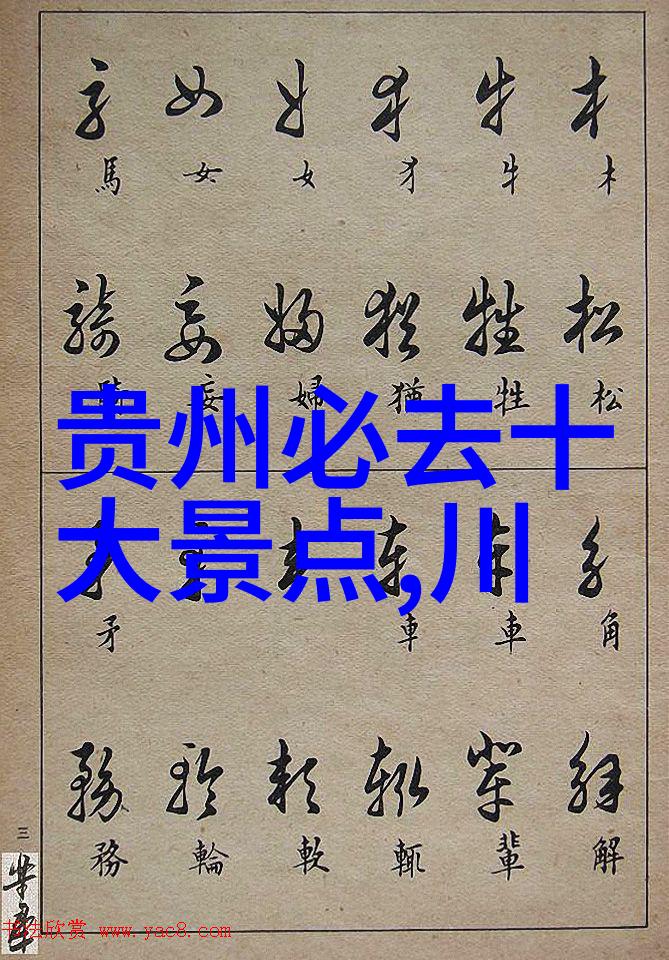Monkeys English Adventures in the Journey to the W
Monkey's English Adventures in the Journey to the West

The Monkey King, also known as Sun Wukong, is one of the most iconic characters in Chinese literature. His adventures are well-known through the classic novel "Journey to the West," which has been translated into many languages including English. The story follows his journey with two other companions, Tang Sanzang and Zhu Bajie, as they travel to India to retrieve sacred scriptures.
In this article, we will explore six key points about how Monkey's English adventures can be appreciated and understood within the context of "Journey to the West."

Cultural Exchange: One of the most significant aspects of "Journey to the West" is its depiction of cultural exchange between China and India during a time when trade routes were flourishing. As such, it offers valuable insights into historical events that shaped both countries' cultures. For instance, Sun Wukong learns about various Indian deities while on his quest for sacred texts.
Moral Lessons: The novel emphasizes moral teachings through its characters' actions and decisions throughout their journey. In an English version of "West Journey," readers can learn valuable life lessons from these experiences despite language barriers or cultural differences.

Literary Significance: As a part of Chinese literary heritage, "Journey to the West" holds immense importance not only for its unique blend of mythology and adventure but also due to its influence on subsequent works by other authors across different languages like Japanese (Saiyuki) or Korean (Seokji Golma).
Artistic Adaptations: Over time, various adaptations have been made based on this classic tale - some famous examples include animated films like Disney's Mulan 2 featuring Monkey King character Mushu; live-action movies such as Stephen Chow's adaptation; manga series like Saiyuki; anime versions such as Dragon Ball Evolution incorporating elements from Journey To The west.

5 . Symbolism & Metaphors: Through Sun Wukong’s character development throughout his travels with Tang Sanzang (a Buddhist monk), readers gain insight into human nature - both positive qualities (e.g., courage) and negative traits (such as arrogance). Additionally themes related spirituality growth are explored via encounters with supernatural beings encountered along their path towards enlightenment.
6 . Translation Challenges & Opportunities: Finally considering translation challenges faced by those translating 'West Journey' from Chinese into another language often necessitates careful consideration regarding idioms specific meanings embedded within each culture that could be lost if not properly adapted during translation process – thus presenting opportunities for creative reinterpretation within an 'English Adventure'.

Overall understanding “Monkey’s English Adventures in Journey To The West” allows us delve deeper than just surface-level narratives—uncovering rich layers encompassing history cultural values moral teachings symbolism artistic interpretations – all encapsulated under one captivating narrative arc that continues resonating across generations worldwide regardless linguistic boundaries



